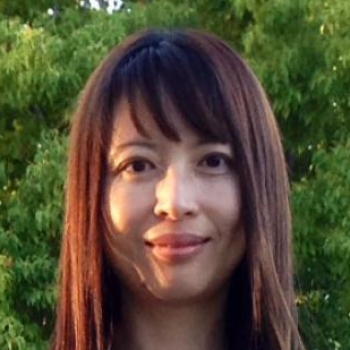

Our Palo Alto Parkinson’s Support Group meetings have resumed, albeit virtually. Since there are so many PD-related webinars happening, our guest speakers focus on cutting edge research going on at Stanford. At next Wednesday’s August 11th, 2:30-4pm, virtual support group meeting, the guest speaker will be Xinnan Wang, MD, PhD, with Stanford Neurosurgery.
Dr. Wang will address:
- Why an effective treatment relies on understanding how neurodegeneration occurs
- Biomarkers — the definition and importance in monitoring PD progression (especially during drug trials)
- Her lab’s discovery that a protein called Miro1 found in skin cells is impaired in both hereditary and sporadic Parkinson’s
- The strategy of coupling Miro1-based therapy with a Miro1 diagnostic tool for future clinical trials
We hope you will join us! There will be plenty of time for your questions. As we will be using a webinar service, you can type your questions into the question box or chat box.
Contact group leader Robin Riddle, phone 650-724-6090, for the meeting link or to sign up for the meeting reminder email list.
About Dr. Wang’s research
Mitochondria move and undergo fission and fusion in all eukaryotic cells. The accurate allocation of mitochondria in neurons is particularly critical due to the significance of mitochondria for ATP supply, Ca++ homeostasis and apoptosis and the importance of these functions to the distal extremities of neurons. In addition, defective mitochondria, which can be highly deleterious to a cell because of their output of reactive oxygen species, need to be repaired by fusing with healthy mitochondria or cleared from the cell. Thus, mitochondrial cell biology poses critical questions for all cells, but especially for neurons: how the cell sets up an adequate distribution of the organelle; how it sustains mitochondria in the periphery; and how mitochondria are removed after damage. The goal of my research is to understand the regulatory mechanisms controlling mitochondrial dynamics and function and the mechanisms by which even subtle perturbations of these processes may contribute to neurodegenerative disorders.
About the Palo Alto PD Support Group
Stanford’s APDA Information & Referral Center and Stanford Parkinson’s Community Outreach coordinate a local Parkinson’s Disease (PD) support group in Palo Alto. Pre-pandemic, we met at a senior housing community and, prior to that, at a senior center. As of March 2021, we are now meeting virtually. Our meetings highlight local resources we believe the community should know about or local research.
We meet the second Wednesday of each month, 2:30-4pm PT. You can find recordings of past guest speakers on our group’s webpage.